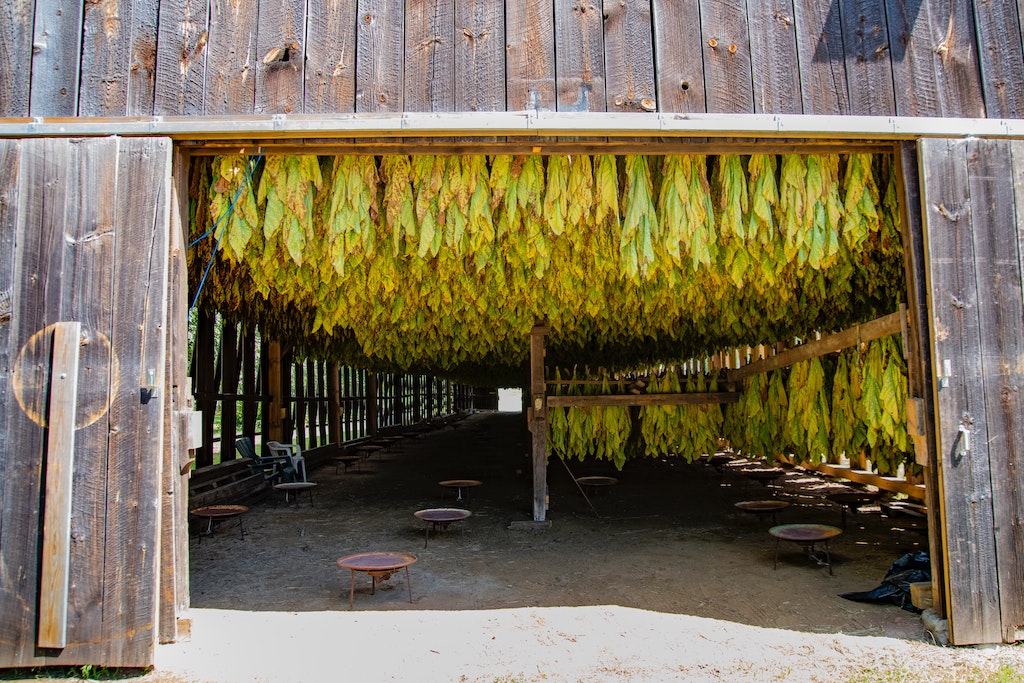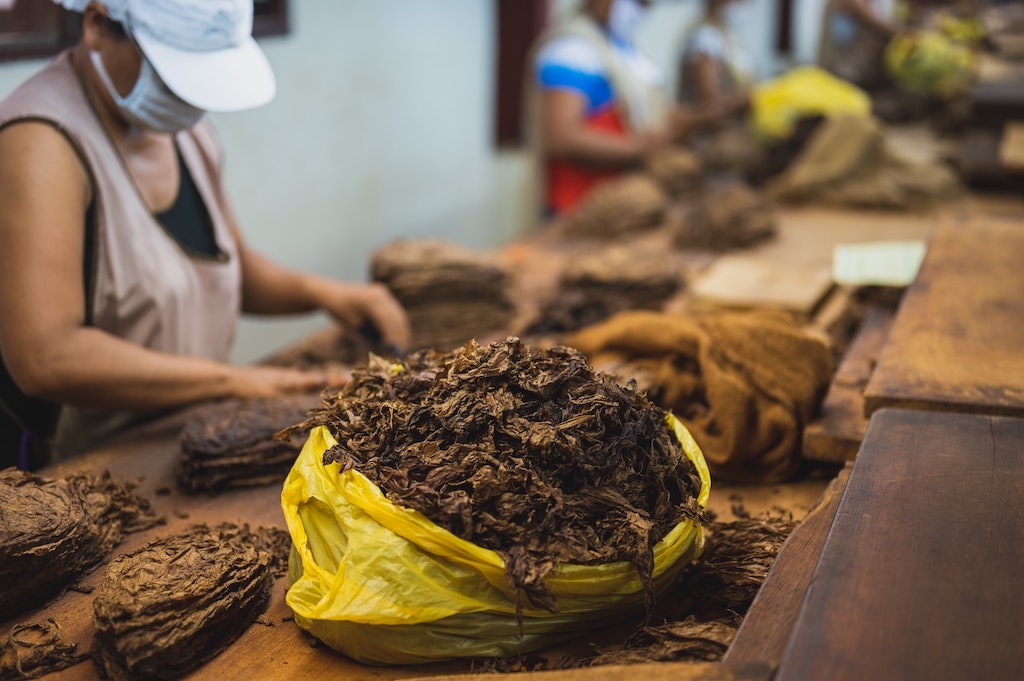3 Mins Read
New data released by the World Health Organization point to the tobacco industry’s impact on the climate and call for more accountability in the industry.
Tobacco use has dropped dramatically over the last half-century, but it’s still widely used, particularly as e-cigarettes and vaping products have promised reduce negative health effects. In 2020, nearly 13 of every 100 U.S. adults smoked, or nearly 31 million Americans, according to the Centers for Disease Control and Prevention.
Tobacco is a known killer, taking more than eight million human lives every year through health complications from smoking including emphysema, heart disease, and cancer. But that’s not its only course of destruction, says WHO.
It’s also the reason for the loss of 600 million trees, 200,000 hectares of land, 22 billion tons of water, and produces more than 84 million tons of CO2, according to the new WHO report, “Tobacco: Poisoning Our Planet.”
Tobacco’s impact
“Tobacco’s long history of negative implications for health is well known, including the increased risk of cardiovascular diseases, cancers, and respiratory illnesses, but what is less often discussed is the harmful effects it has on the health of our planet,” reads the report. “Long before these deadly products reach the consumer, they already leave a trail of destruction in their wake. Tobacco growing destroys forests, damages soil and depletes water supplies, while manufacturing contributes to the production of
toxic waste.”

According to the report, the global demand for tobacco is threatening food security. Demand means low-income communities, where it is most often grown, are often sacrificing land that has historically grown food. “Tobacco requires up to eight times more water than, for example, tomatoes or potatoes,” the report explains. WHO says the “deadly” tobacco plants are also a leading cause of deforestation, as land is cleared for the industry.
It’s also an increasing contributor to CO2 emissions; WHO says it’s equal to 20 percent of the emissions produced by the airline industry each year. Air travel is responsible for more than 2.5 percent of global emissions.
The report also looks at issues including cigarette filters—a leading cause of ocean pollution, with implications for marine ecosystems.
“Tobacco products are the most littered item on the planet, containing over 7000 toxic chemicals, which leech into our environment when discarded. Roughly 4.5 trillion cigarette filters pollute our oceans, rivers, city sidewalks, parks, soil, and beaches every year,” Dr. Ruediger Krech, Director of Health Promotion at WHO, said in a statement accompanying the report.
Tobacco accountability
Cigarette filters may not offer any benefits, says WHO, which is now urging policymakers across the globe to take action and “treat cigarette filters, as what they are, single use plastics, and consider banning cigarette filters to protect public health and the environment,” the organization said.
Other tobacco delivery mechanisms including vape pens are equally as problematic, says WHO.

“The environmental insult associated with tobacco production and use is a growing concern, complicated by newer electronic smoking devices and nicotine delivery products. These devices
contain metals, plastics and batteries which are classified as toxic hazardous waste, whether they are littered into the environment or properly disposed of in a waste bin.”
It says the cost of dealing with cigarette filters and other waste products is currently on taxpayers when it should be on the industry. “Each year, this costs China roughly US$ 2.6 billion and India roughly US$ 766 million. The cost for Brazil and Germany comes in at over US$ 200 million,” WHO said.
WHO points to legislation in places including San Francisco as well as France and Spain where “extended producer responsibility legislation” put the responsibility on the tobacco industry to clean up its pollution. It is also urging for stronger taxes on tobacco and efforts to help farmers switch to sustainable crops.
Lead Photo by Elena Taranenko on Unsplash




